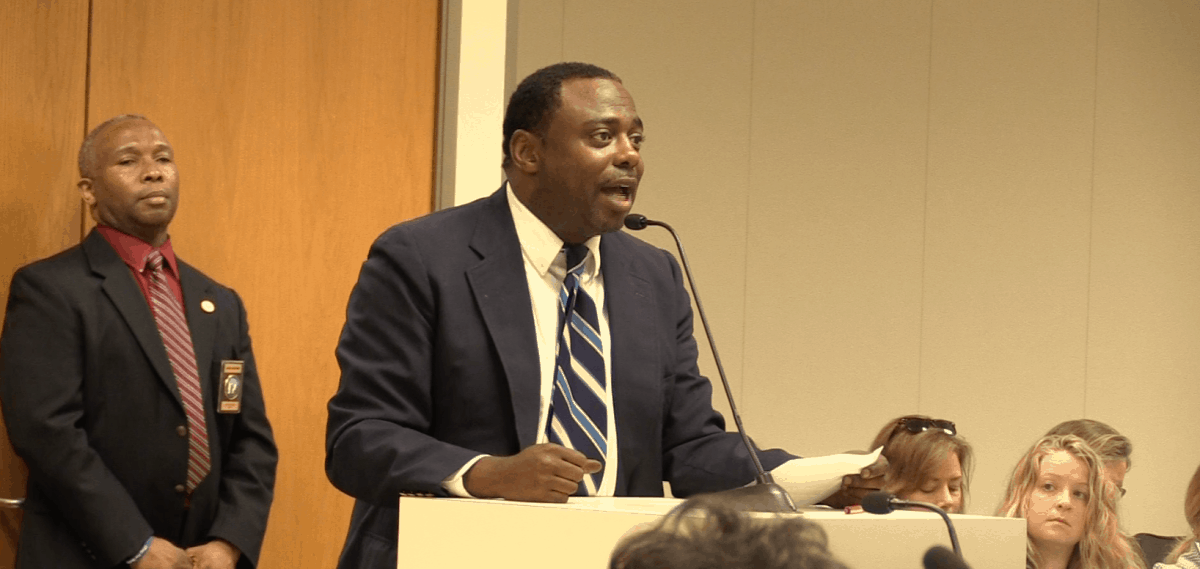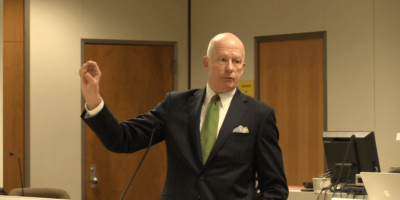

Rep. Rob Bryan, R-Mecklenburg, unveiled the latest version of a draft Achievement School District (ASD) bill at the House Select Committee on Achievement School Districts on Wednesday.
One of the most significant changes was the addition of Innovation Zones to the legislation. Districts that put a school into an ASD would be able to take up to three other continually low performing schools and put them in an Innovation Zone — a zone where schools can operate with charter-like flexibility.
He also explained that there will be one more meeting of the Committee on April 13th. At that point, the Committee will vote, and if the bill is approved, it will go on to a House education committee.
Rep. Craig Horn, R-Union, expressed some skepticism as to whether the bill would make it through the upcoming short session of the General Assembly.
“As much as I appreciate the even-handedness you’ve applied, I am curious about how our friends in the other house (the Senate) are going to look at this and what that process will be so I’ve got a handle on what we’re going to be dealing with during a short session, if this in fact can even be handled during a short session,” he said. “And I’m not at all sure that it can.”
Below is the video of Bryan’s presentation on the bill as well as questions and comments from fellow lawmakers.
The public also had a chance to speak on the bill Wednesday. Opponents and supporters both chimed in.
Matt Ellinwood, a policy analyst with the North Carolina Justice Center’s Education & Law Project, said that the committee took a fair approach to investigating the idea of implementing an ASD, but that he still thought it wasn’t a good idea.
“We’re concerned that the research to date on the ASD is not pointing in a clear, positive direction,” he said.
On the other hand, Pamela Blizzard, one of the founders of Raleigh Charter High School and Research Triangle High School, said the state should move forward with an ASD.
“We have schools in this state that are so low performing that it’s almost criminally negligent,” she said.
Bruce Mildwurf, associate director for governmental relations with the North Carolina School Boards Association, brought up a host of potential legal issues he didn’t think had been hashed out, including how facility expenditures and transportation would be handled. He also said the challenges of the ASD would be greater than lawmakers were anticipating.
Echoing the sentiments of Joshua Glazer, the George Washington University researcher who presented earlier in the meeting, Mildwurf said: “When you hear charter school, you think school choice, and I just want to make sure everyone understands, this not a bill about choice. This has nothing to do with school choice.”
Marcus Brandon, executive director of education advocacy organization CarolinaCAN and a former representative in the state House, said moving forward with an ASD is essential.
“This is an excellent opportunity for this General Assembly to say no longer will the state of North Carolina accept you failing kids for 20 straight years,” he said.
See all of the public speakers and their full comments below.


